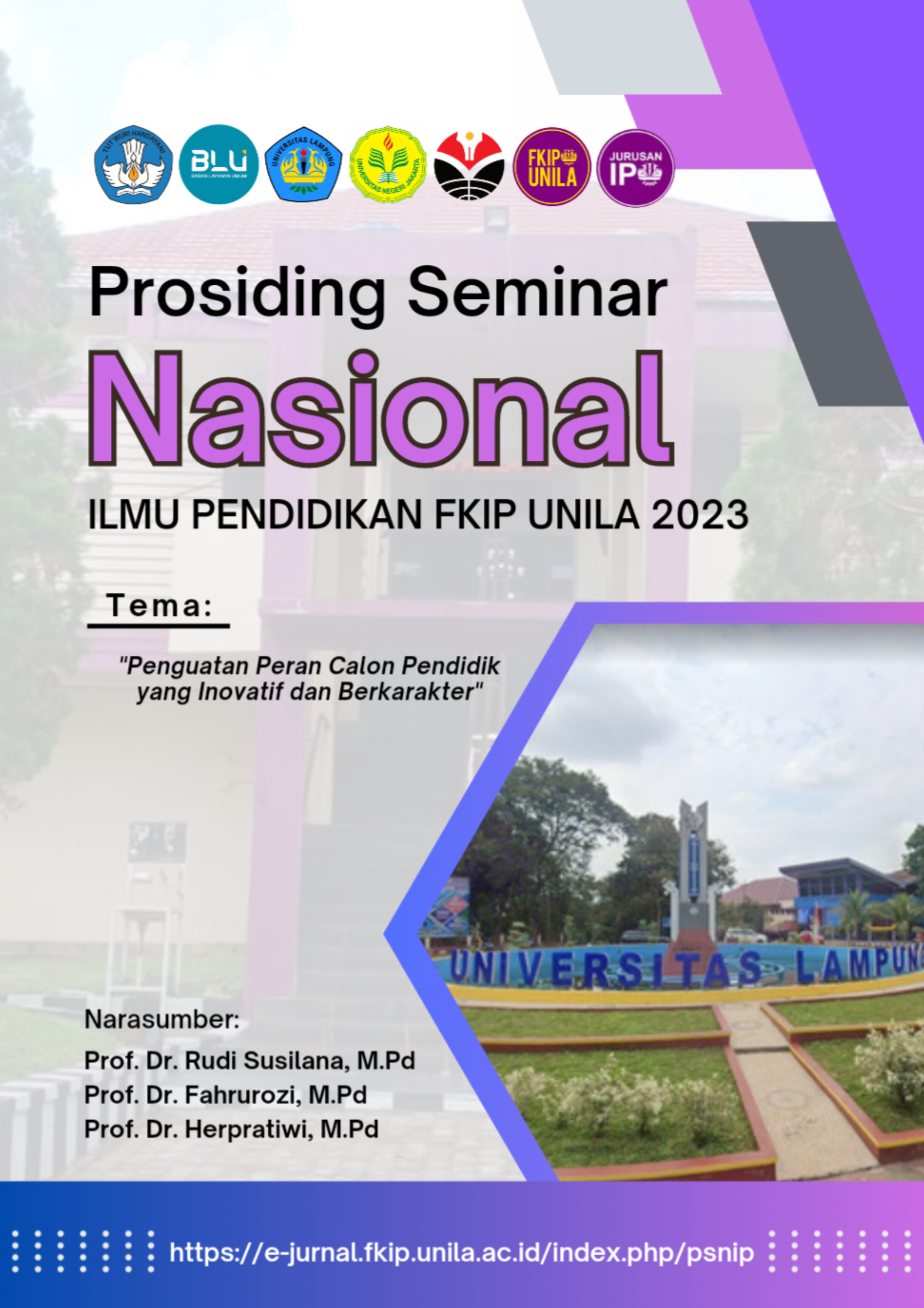Peran Orang Tua Dalam Mendidik Anak Usia Dini Secara Islami
Keywords:
The Role of Parents, Educating , Early Childhood, IslamAbstract
Parents have a significant role in the education of their children. This research will reveal the role of parents in educating early childhood in an Islamic way. The data analysis uses content analysis by sorting out the data according to the purpose and focus of the research. This qualitative descriptive research with a literature study approach yielded the following two findings. First, prenatal education is divided into two periods, namely: (1) the pre-conception period or the period that is very close to the purpose of marriage, including the intention to maintain offspring, increase and expand brotherhood, make the heart peaceful, peaceful, happy, and increase charity worship to God Almighty; and (2) the post-conception period or during early and late pregnancy, namely during pregnancy, the father's role for the mother includes: the need for affection, giving extra food, granting some strange wishes, the need for calm, care, and others. Second, education in the post-natal period, namely the period after birth or the period when the baby is born from the womb until old age. During infancy, the roles of parents include: echoing the call to prayer and iqamah, giving a name, breastfeeding for the mother, aqiqah, circumcision for boys, issuing zakat fitrah, and obtaining inheritance rights. During early childhood (0-6 years) the role of parents includes: providing faith education, worship education, moral education, physical education, and intellectual education.





